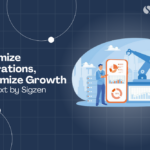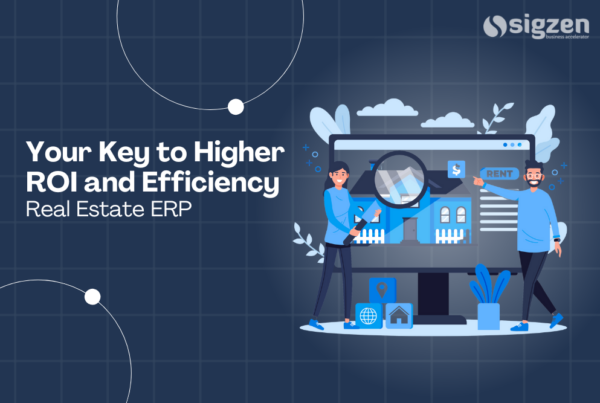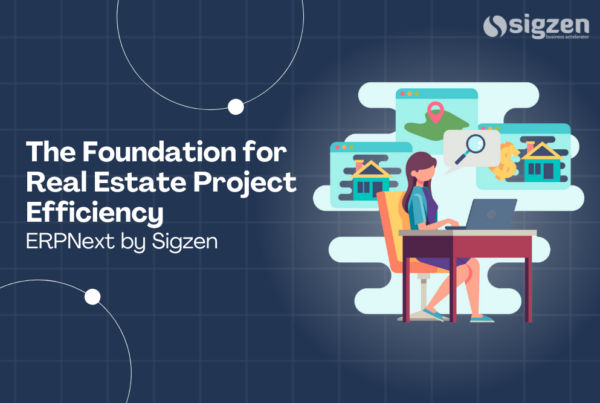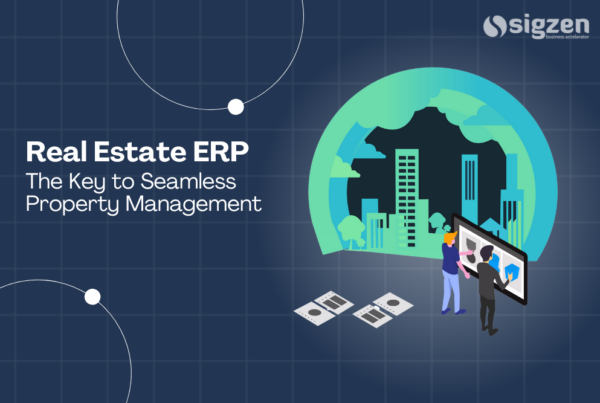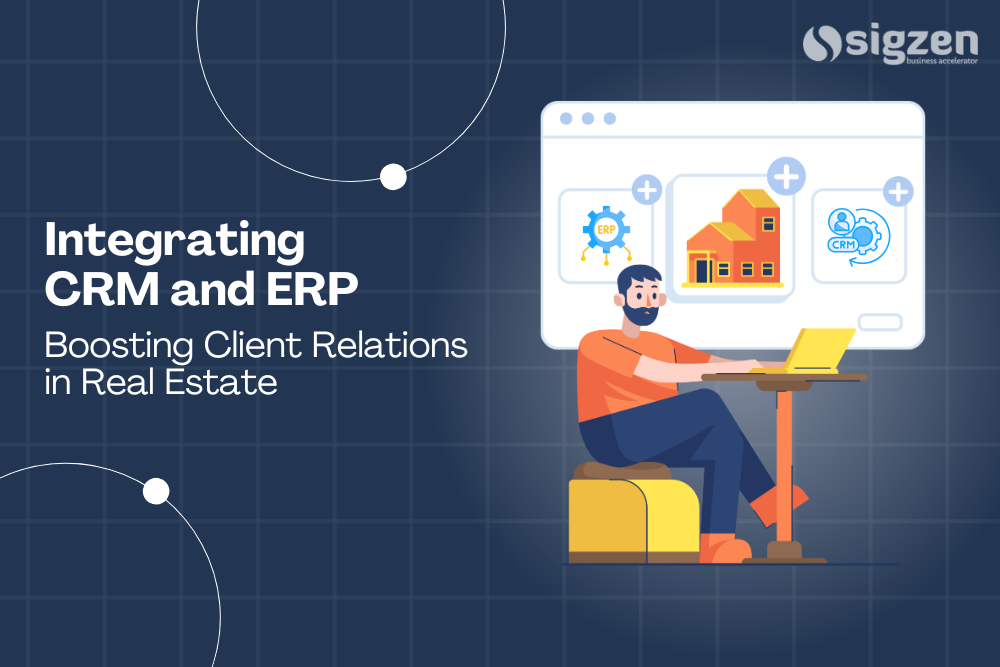
Introduction
The real estate industry thrives on strong client relationships, efficient property management, and seamless financial tracking. However, managing leads, property listings, and financial transactions manually can be overwhelming. This is where integrating CRM and ERP software becomes a game-changer.
ERPNext, a powerful open-source ERP software, provides an all-in-one solution tailored to the needs of the real estate industry. It bridges the gap between property management, sales, and customer relations, enabling businesses to streamline their operations, boost efficiency, and improve decision-making.
In this article, we’ll explore how integrating CRM and ERP software can revolutionize the real estate sector, enhance CRM sales, and optimize operations using ERP for estate businesses.
The Role of CRM and ERP in the Real Estate Industry
Understanding CRM and ERP in Real Estate
- Customer Relationship Management (CRM): Focuses on managing leads, nurturing client relationships, and optimizing sales cycles.
- Enterprise Resource Planning (ERP): Integrates various business processes, including property management, accounting, and legal compliance, into a centralized system.
By integrating ERP software in India with a robust CRM system, real estate businesses can enhance sales, manage leads more effectively, and ensure seamless communication between departments.
Key Benefits of Integrating CRM and ERP in Real Estate
- Centralized Client and Property Data – A single database for client information, property listings, and sales records.
- Automated Workflows – Reduces manual effort, enhancing efficiency.
- Improved Decision-Making – Real-time analytics help optimize business strategies.
- Seamless Financial Management – Integrated accounting modules for better cash flow management.
- Enhanced Client Communication – Automated follow-ups and personalized engagement.
Key Features of ERPNext for Real Estate CRM
1. Lead and Contact Management
ERPNext’s CRM module helps real estate businesses capture and track leads from multiple sources, including websites, social media, and referral networks. Features include:
- Automated lead categorization based on interest levels.
- Pipeline tracking for sales conversions.
- Custom workflows to nurture prospects and turn them into buyers.
2. Property and Listing Management
With ERPNext, real estate agencies can manage property details, including availability, pricing, and documentation.
- Centralized property database.
- Automated notifications for property updates.
- Integration with marketing campaigns for better visibility.
3. Sales and Transaction Management
Seamlessly manage the complete sales cycle, from property inquiries to contract signing.
- Automated quotation and invoice generation.
- Real-time sales tracking and forecasting.
- Secure document storage for legal agreements.
4. Financial and Accounting Integration
The ERPNext accounting module ensures seamless financial management for real estate transactions.
- Expense tracking for property maintenance.
- Automated tax calculations and invoicing.
- Compliance with accounting standards.
5. Customer Support and Retention
A strong CRM system helps real estate companies retain clients by offering timely support.
- Automated appointment scheduling.
- Personalized follow-ups via email or WhatsApp CRM.
- Client feedback tracking for improved services.
Success Stories: How ERPNext Transforms Real Estate Operations
Case Study 1: Boosting Property Sales with CRM Integration
A leading real estate firm in India integrated ERPNext CRM to manage its extensive client database and property listings. Results:
- 40% increase in lead conversions through automated follow-ups.
- 30% improvement in client retention using personalized engagement.
Case Study 2: Streamlining Property Management
A real estate developer adopted ERP software in India to handle sales, maintenance, and financials.
- 50% reduction in administrative workload through automation.
- Improved cash flow tracking, reducing financial errors.
How to Choose the Right ERP for Your Real Estate Business
Selecting the right CRM and ERP software is crucial for operational efficiency. Consider the following:
- Customization: Choose an ERP like ERPNext that adapts to real estate needs.
- Integration: Ensure seamless connectivity with existing tools.
- Scalability: Opt for a solution that grows with your business.
- User-Friendliness: Prioritize an intuitive interface for easy adoption.
- Support and Security: Verify vendor support and data security measures.
Implementation Tips for Real Estate ERP Integration
- Define Clear Objectives: Outline what you want to achieve with CRM and ERP integration.
- Train Your Team: Ensure employees are well-versed in using ERPNext modules.
- Migrate Data Efficiently: Avoid errors during data transition.
- Monitor Performance: Regularly track KPIs to assess system efficiency.
- Utilize Customer Support: Leverage Sigzen’s CRM for expert assistance.
Conclusion: The Future of Real Estate with ERPNext
The integration of CRM and ERP software in real estate is no longer optional—it’s essential. ERPNext provides real estate businesses with the tools needed to enhance customer relationships, streamline operations, and drive sales growth.
